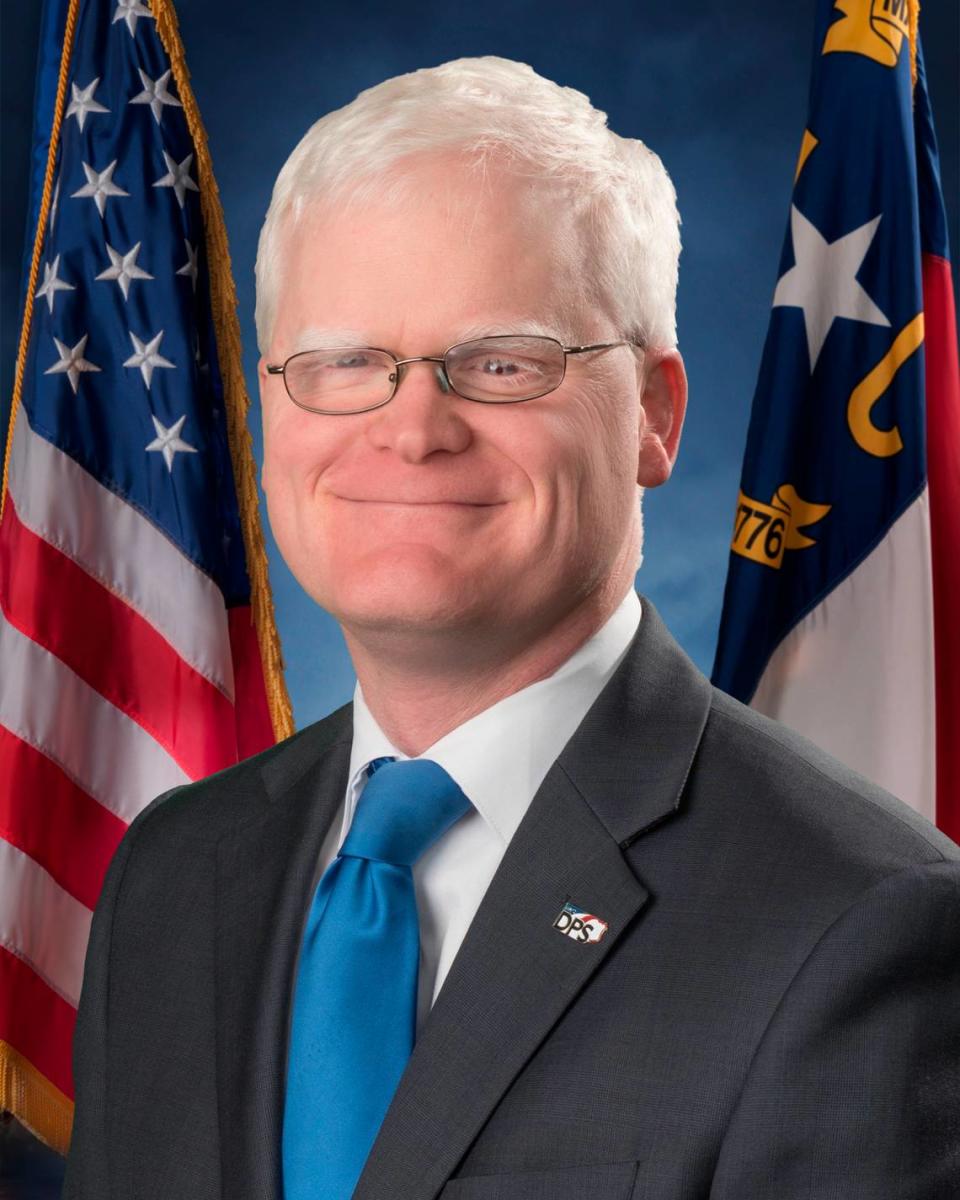Uptick in juvenile crime is reversible, but NC must act fast | Opinion
Following a 15-year period in which North Carolina’s juvenile crime rate fell by more than 50%, new data warns us that urgent action is needed to prevent a recent upsurge in juvenile crime from becoming a troubling long-term trend.
In the last year, North Carolina saw a 24% increase in offenses committed by juveniles and a 21% increase in violent offenses by juveniles. Three major factors are driving this uptick:
▪ youth not receiving services they needed during the pandemic,
▪ unprecedented staffing vacancies in agencies that provide the social support net for youth,
▪ and access by young people to unsecured firearms.
The pandemic broke social safety nets young people depend on. Impacts to schools, community nonprofits and faith organizations, including temporary closures and a strained workforce, reduced timely referrals to services troubled and at-risk children need. Many went without services, and we missed early warning signs.

Gov. Roy Cooper took an important first step this week in tackling the growing trend of violence by signing an executive order creating an Office of Violence Prevention, but more remains to be done.
Our state’s social services, mental health and juvenile justice systems are now at or beyond capacity, and due to late interventions many of the children in them have more intensive problems.
Data from the most recent Youth Risk Behavior Survey shows that a growing proportion of N.C. middle and high school students experienced mental health challenges in 2022. These challenges are magnified when looking at the youth entering the juvenile justice system. Every young person committed to a state juvenile justice facility last year had been diagnosed with at least one mental health illness, and more than 50% had five or more mental health diagnoses.
These young people simply need help, and the state needs to step up to provide it.
Investments in school counselors, nurses, social workers and psychologists are needed to sustain students and stop them from entering the criminal justice system. For those who enter the juvenile justice system and are experiencing a mental health crisis, access to more clinical services is urgently needed.
Resources provided to our educational, mental health and juvenile justice services are insufficient to meet the needs of our young people. No system is hurting more than the juvenile justice system which is experiencing a 50% vacancy rate among direct care staff, which is incomparable to anything I have seen during my 25-year career.
We have been fortunate in the past to attract staff who have a heart for enriching the lives of troubled children, but in today’s employment climate, we are losing these staff members — and having difficulty attracting new staff — due to noncompetitive salaries. We must act now to make our staff salaries competitive, to attract and retain the best and most motivated staff to work with these juveniles.
In recent years, we’ve also seen many North Carolinians purchase guns for the first time. These adults must become educated about safe storage of firearms to ensure weapons do not get into the hands of impulsive young people.
Juvenile offenses involving firearms have grown from 3% to 13% of all juvenile crime over the last four years. The juvenile mortality rate due to firearms doubled over the last year and firearms have surpassed motor vehicle deaths as the No. 1 killer of our children. The Cooper administration is developing a firearm safe storage public awareness campaign that will need continued financial support from lawmakers to ensure the message reaches and is retained by N.C. gun owners.
All of these trends are concerning but reversible with quick and decisive action. In a year with large surpluses in the state budget, we must invest in the people and programs that truly prevent crime. We need resources — human, capital and funding — to prevent children from committing crimes and to help ensure those who do break the law receive the services and assistance they need to ensure they turn away from criminal influences and grow into law-abiding North Carolinians.
William Lassiter is North Carolina’s Deputy Secretary for Juvenile Justice and Delinquency Prevention.

